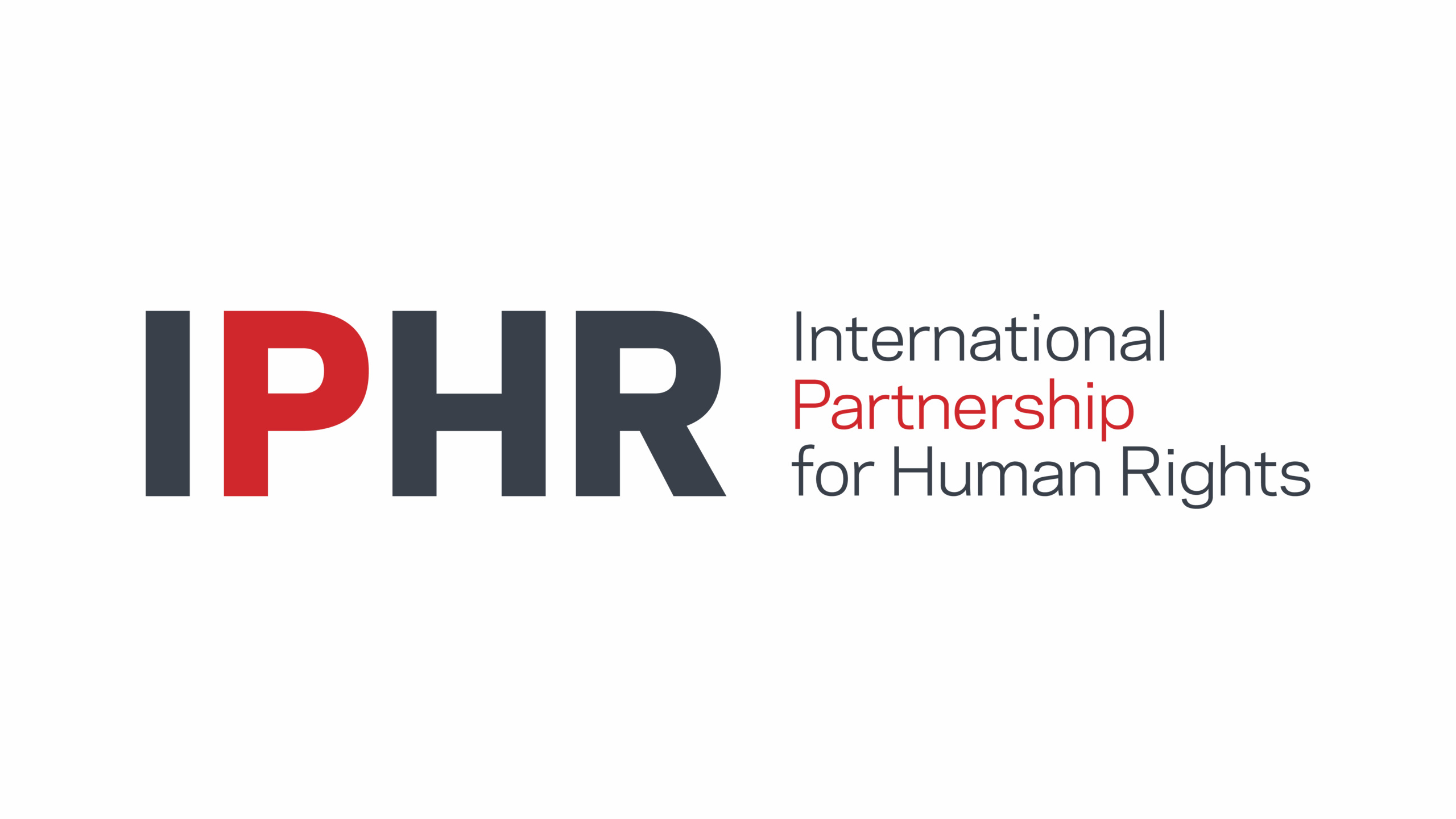Tajikistan continues to severely restrict fundamental freedoms despite constitutional and international obligations. The country is classified as “not free” by Freedom House and “closed” by the CIVICUS Monitor. Authorities have escalated crackdowns on political opposition, media, and civil society, leading to imprisonment, exile, and intimidation of activists and their families. Media freedom is tightly controlled, with censorship and threats against independent outlets, especially following the 2021–2022 protests in Gorno Badakhshan (GBAO), which led to mass arrests and closure of local CSOs.
CSOs face significant legal and operational hurdles, including burdensome registration and reporting requirements, inspections, and harassment. Hundreds have been shut down, particularly in GBAO. A draft law on non-commercial organisations may impose new restrictions. Foreign funding has sharply declined, worsened by the 2025 U.S. aid suspension. Despite repression, some cooperation exists as CSOs contribute to human rights strategies and monitor prisons.
Public officials sometimes portray CSOs as foreign agents, fuelling distrust, while online harassment and surveillance are rampant. Although some reforms are under way, including plans to decriminalise certain online activity, digital repression continues. For CSOs to thrive, they need stable funding, stronger public support, regional cooperation, and international advocacy to address ongoing human rights abuses and strengthen civic space.
Network Member:
International Partnership for Human Rights
